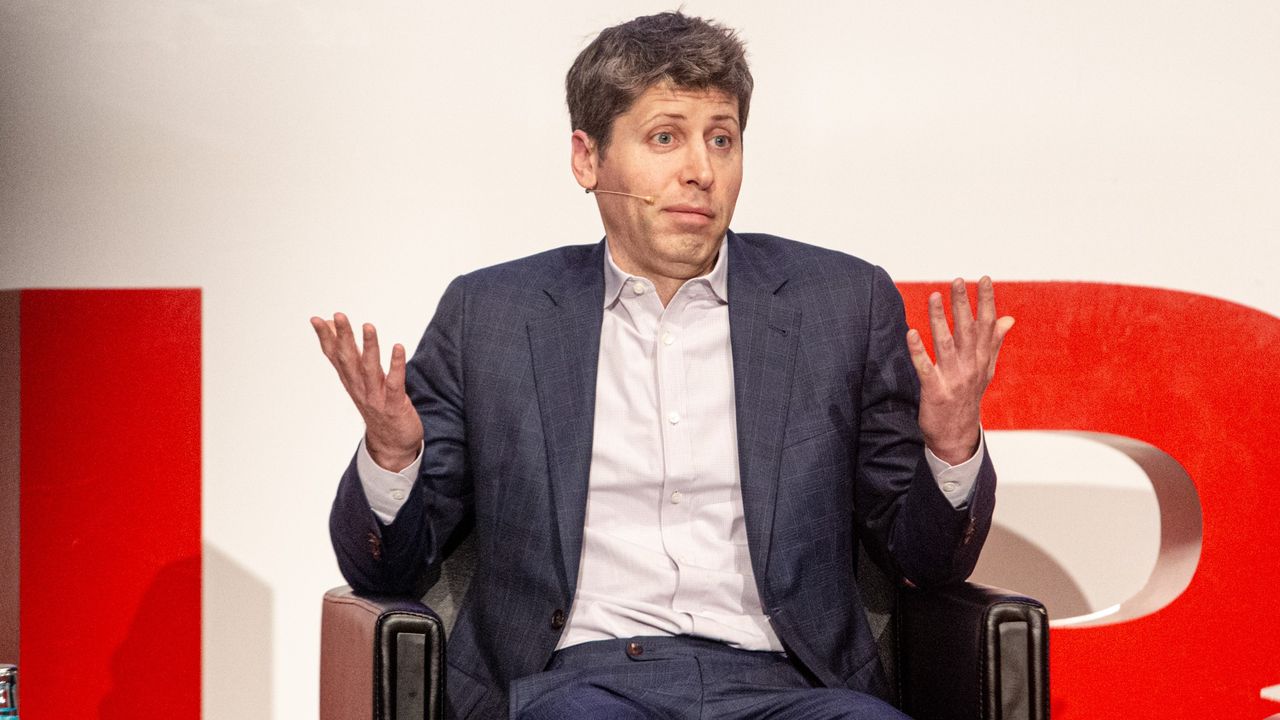UPDATE: OpenAI is urgently revising its copyright policy for the newly launched Sora 2 AI video generation model, just days after its debut on September 30. Following widespread backlash and concerns over copyright infringement, OpenAI CEO Sam Altman announced the changes on October 3, aiming to give content creators more control over their intellectual property.
The shift to an opt-in policy means Sora 2 will now reject prompts containing copyrighted material unless explicit permission is given by the copyright holder. This decision comes after a viral clip surfaced showing Altman surrounded by Pokémon while humorously stating, “I hope Nintendo doesn’t sue us.” The video highlights the potential legal pitfalls that have prompted OpenAI to act swiftly.
In the blog post, Altman emphasized the need for more granular control for rightsholders, stating, “We are hearing from a lot of rightsholders who are very excited for this new kind of ‘interactive fan fiction’ and want the ability to specify how their characters can be used.” This response is crucial as many users generated videos featuring characters from popular franchises, including One Piece, Demon Slayer, and Studio Ghibli, raising significant copyright concerns.
Japanese lawyer and member of the House of Representatives, Akihisa Shiozaki, has voiced alarm over the implications of Sora 2, asserting, “I felt that it poses a serious legal and political problem. We need immediate action to protect leading Japanese creators.” His comments reflect growing unease among creatives, especially as Sora 2 appears to favor Japanese IP over American content, including Marvel and Disney characters, which are reportedly blocked from use.
OpenAI’s initial policy required copyright holders to opt-out if they did not want their content used, a model that many found problematic. The new opt-in structure aims to prevent any further legal troubles, particularly as the threat of copyright infringement lawsuits looms large.
As Sora 2 gains traction, the urgency for OpenAI to adapt its policies is evident. The tech giant is not only responding to legal pressures but also addressing the concerns of content creators who feel their rights are at risk. The implications of these changes could reshape how AI-generated content interacts with existing intellectual property laws globally.
For now, all eyes are on OpenAI as it navigates this complex landscape. Will Sora 2 find a balance that satisfies both creators and users? Stay tuned for more updates on this developing story.
